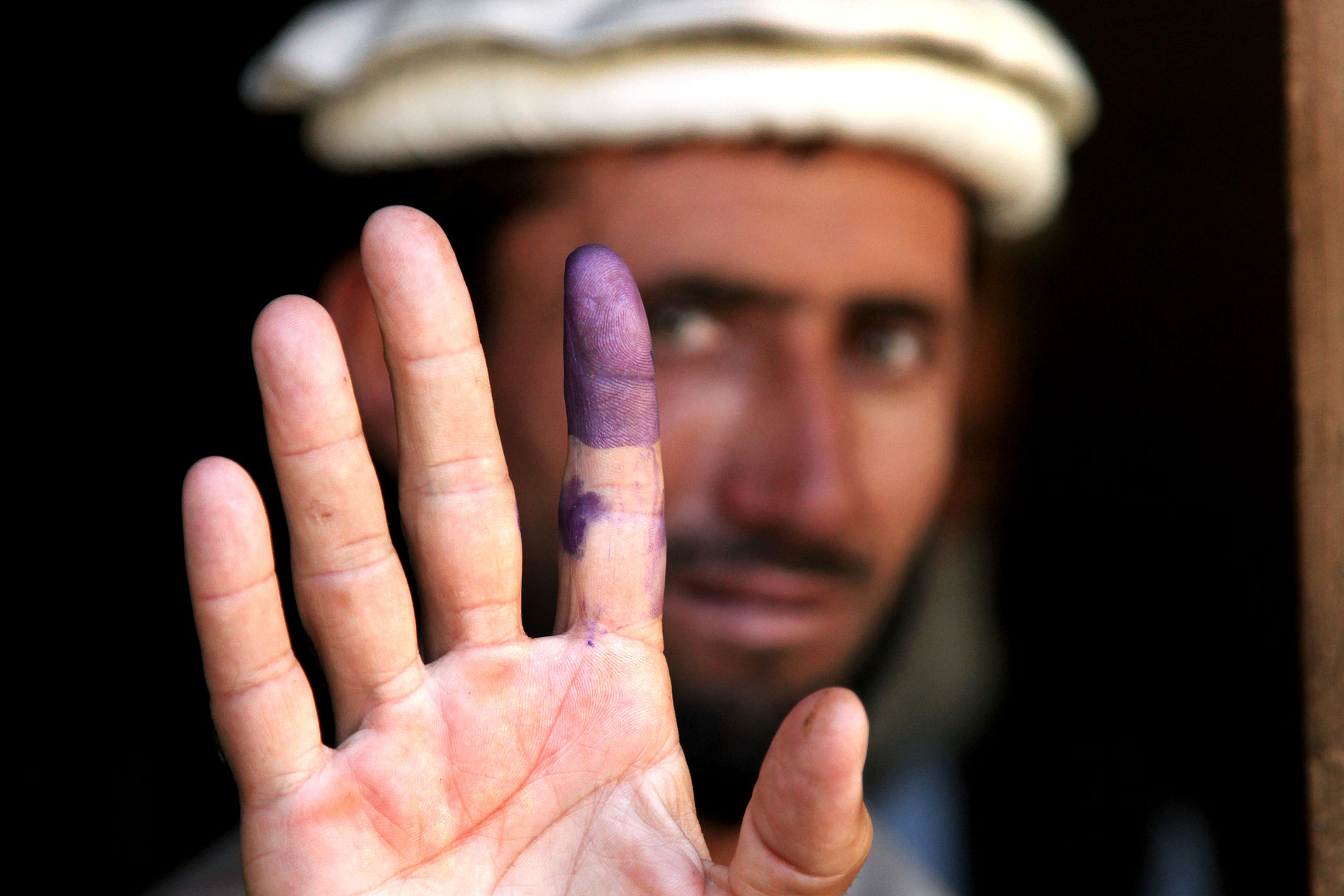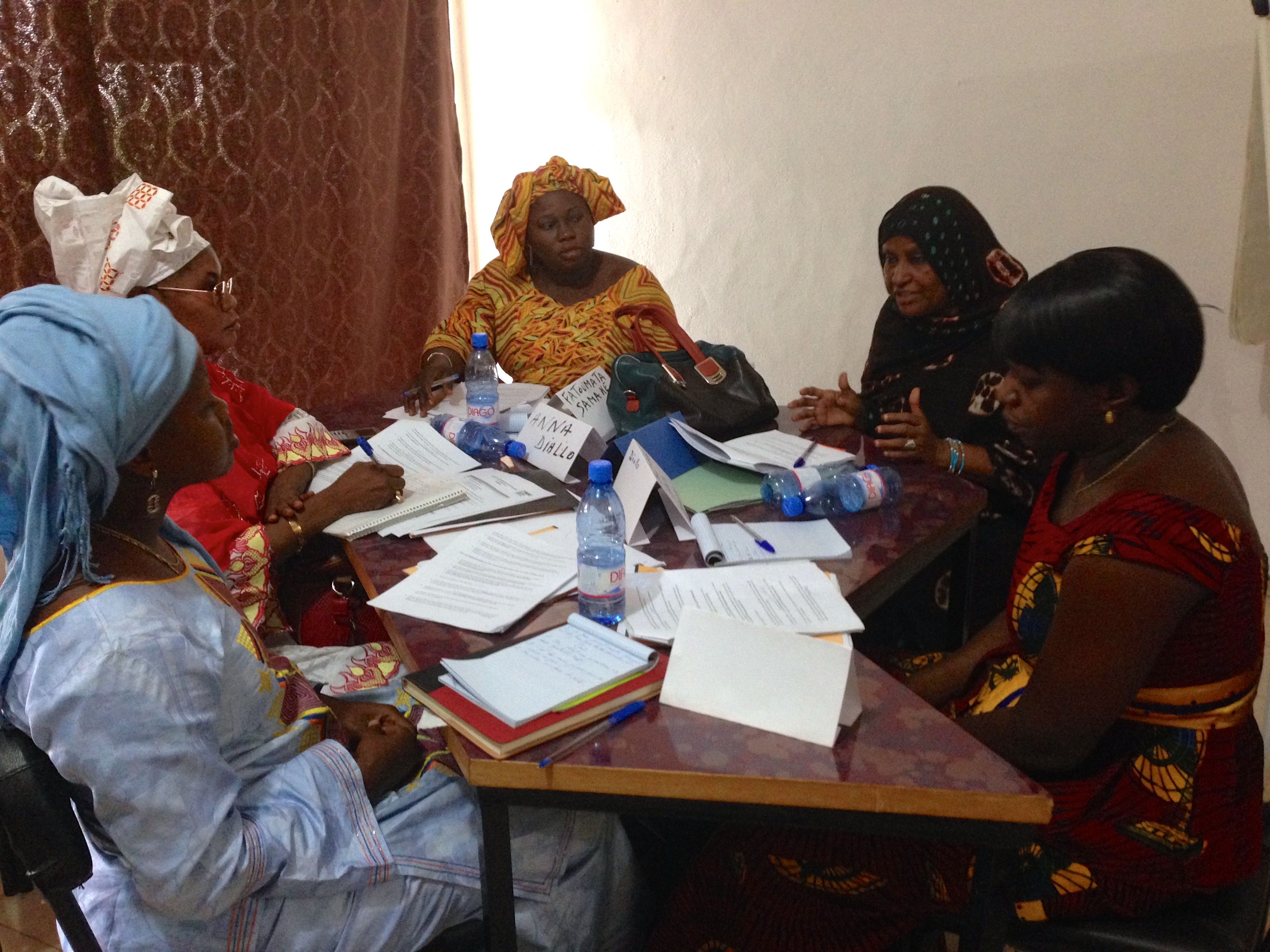Resource Library
Insights | Series II | No. 5 | July 2014
Real Winner in Afghanistan’s Election
 We don’t know yet who will prevail in Afghanistan’s approaching presidential runoff, but we already know the big winner — the Afghan people. The big loser, of course, is the Taliban and their al Qaeda allies.
We don’t know yet who will prevail in Afghanistan’s approaching presidential runoff, but we already know the big winner — the Afghan people. The big loser, of course, is the Taliban and their al Qaeda allies.
The first-round voting generated widespread excitement and high turnout, reflecting Afghans’ desire to choose their own leader, launching two experienced, pro-Western technocrats into the runoff and despite the chorus of complaints that America is abandoning Afghanistan, the vote caps a five-year turnaround, when the U.S.-led “surge” of military and development aid salvaged a situation trending towards defeat.
Today Afghanistan is becoming able to defend and develop itself; it is not the basket case ill-informed reports suggest. Indeed, as security concerns fade, the inward focus on economic and social challenges reveals the growing normalization of Afghan politics. The main threat it faces now comes, ironically, from the international community, where patience is
wearing thin and pressures for a too-rapid draw down of support could turn impending success into failure.
INTERNATIONAL DEVELOPMENT: Researcher’s Diary – Mali Focus Group Training
 OK, I’m feeling a bit intimidated. The women in front of me are stone-faced and look completely aloof. Will they like me? Am I going to bore them?
OK, I’m feeling a bit intimidated. The women in front of me are stone-faced and look completely aloof. Will they like me? Am I going to bore them?
A day earlier, I had arrived in Bamako, the capital of Mali, to conduct a five-day training session for these women on the art of conducting focus groups. I was working as a consultant for the National Democratic Institute (NDI), an NGO headquartered in Washington, DC that works to support and strengthen democratic institutions and practices in countries around the world. I was in charge of a study designed to help policymakers in the country better understand women’s attitudes and opinions toward their social and political roles. The first step was to train local women, all university graduates with varying types of experience, to conduct focus groups so that they could carry out a 12-group study in various locations throughout the country.
Ask the Survey Doctor: Evaluating Diplomacy
If you are struggling with surveys, evaluations, assessments, or market research in developing countries, click here to email the Survey Doctor with your question.
 Q: I know that polls, focus groups, and other opinion research techniques are often used to evaluate foreign aid programs. But what about that other tool of “soft power,” diplomacy? Can survey research be used to evaluate diplomacy?
Q: I know that polls, focus groups, and other opinion research techniques are often used to evaluate foreign aid programs. But what about that other tool of “soft power,” diplomacy? Can survey research be used to evaluate diplomacy?
A: Evaluating high-level diplomacy – negotiations between governments, carried out deep in the corridors of foreign ministries – is a task for diplomatic historians; what survey research can evaluate is what the international affairs world callspublic diplomacy: the programs and communications one country uses to reach the people of another, rather than their government.
Examples include educational exchanges and international broadcasting (e.g. Voice of America); small-scale engagements, such as “open houses” hosted by an embassy; and large-scale information campaigns about a country’s history, culture, or values. All of these are public diplomacy because their goal is to shape how foreign populations view the sponsoring country.


